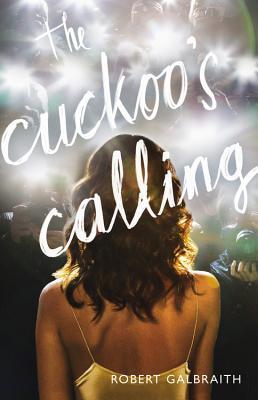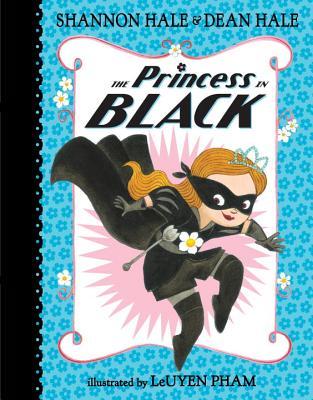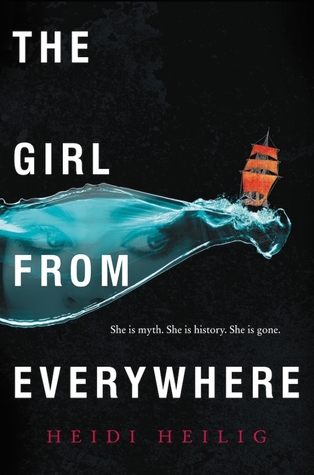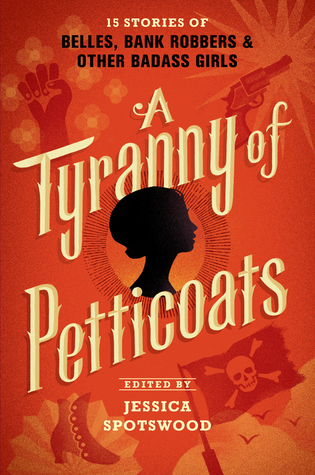Katherine Zoepf is a journalist who has spent a good portion of her career in the Middle East. As a young woman herself, she is granted unique access to unmarried women. In
Excellent Daughters, we learn about the women she met in Damascus, Beirut, and Abu Dhabi. Some of the women are brimming with excitement over their impending marriages, others are experiencing what it means to have a job as a stewardess or in a shop, and some women are waiting in a detention center, hoping that their fathers and brothers will never find them and kill them in an attempt to restore their family honor.
One of the things that was very illuminating for me was seeing just how different the women's beliefs, dreams, and goals were, depending on where they lived. Unfortunately, we tend to lump the Middle East together, as if the experience of a girl growing up in Egypt is the same as her counterpart in Syria.
Reading this led me to really think about what we consider to be progress and freedom. Many of the women interviewed on these pages truly believe in things like the separation of men and women and the female's responsibility to ensure that men are not aroused by them. To an American woman who considers herself a feminist, this seems ridiculous. But what is our right to force our beliefs on them? How do you differentiate between a truly individual belief and something that has been taught to them for an entire lifetime?
Excellent Daughters is often structured around juxtapositions. In the prologue Zoepf sits with young women in Saudi Arabia, as they celebrate their friend's impending trip to Mecca. One of the girls is recently engaged. While the friends discuss the impropriety of even speaking to their fiancees on the phone, the future bride also confesses her hope that they could honeymoon at Disney World. But this isn't portrayed as a flight of fantasy or silly last wish of a girl getting married too young. There is clearly a deep love and respect that Ms. Zoepf has for the people and countries that she covers in this book. She wants the reader to see the women on these pages as complex people, not projects for us to fix or victims for us to pity.
The title of this book is perhaps misleading. Often, the women who are considered excellent daughters are the last ones taking the kind of risks that will change the world around them. There are certainly women in this book who are making different choices than their mothers and grandmothers. Many of them are pursuing further education and even graduating with college degrees. But in many cases, they are degrees in fields where women cannot yet work or a step towards working in a lesser way than a man would with the same certifications. This book is about tiny steps in attitude or moments when women dared to ask for more, not sweeping reforms.
The difficulty with a book like this is that the world itself is moving faster than publishing does. Zoepf admits that the Syria she experienced in 2004 doesn't exist anymore. But I still think this is an important book. Most of us in the US have no idea what life is like for our counterparts in the Middle East. Reading this book gives us a glimpse into everyday moments and the life-changing events that are happening to women on the other side of the world.
Excellent Daughters: The Secret Lives of Young Women
Who Are Transforming the Arab World
By Katherine Zoepf
Penguin Press January 2016
272 pages
Read via Netgalley

































